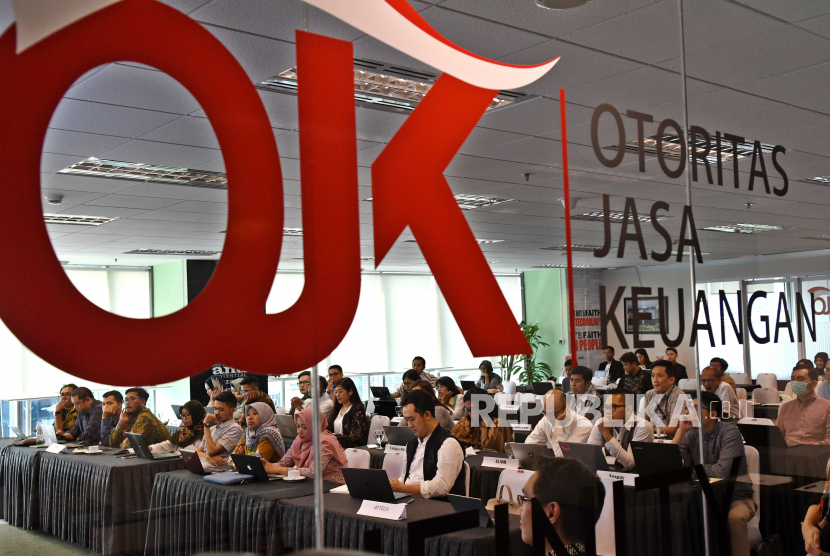REPUBLIKA.CO.ID, JAKARTA -- The Financial Services Authority (OJK) issued regulations on the implementation of anti-money laundering (APU) and terrorism financing prevention (PPT) programs for microfinance institutions (LKM/MFIs). This is stated in OJK Circular Letter Number 11 / SEOJK.05 / 2021.
Citing a copy of SE No.11 / SEOJK.05 / 2021, Wednesday (31/3), the AML and CFT programs must be implemented in MFIs so that they are not used as means or targets of crime. Financial services institutions are required to identify, assess, and understand the risks of money laundering and terrorism financing that can be carried out by customers.
MFIs must be able to identify their clients in order to categorize them according to the level of risk each individual has.
OJK mentioned several indicators of high-risk customers, for example customers who are politically exposed (PEP), corporate customers with complex ownership structures, and unsupervised charitable organizations. Then, the implementation of the AML and CFT programs must be supervised by the board of directors.
Several things are being monitored, such as ensuring that the MFI has policies and procedures for implementing the AML and CFT programs, forming a special work unit (UKK) to implement AML and CFT, including ensuring that all employees participate in training related to the implementation of the AML and CFT programs on a regular basis. Not only the board of directors, but also the supervision must be carried out by the board of commissioners.
Then a number of things are being monitored, including approving policies for implementing the AML and CFT programs, ensuring that there are discussions related to money laundering and terrorism financing in board of directors and commissioners meetings, and having proper and unrestricted access to viewing customer identification documents.
The MFI is required to have policies and procedures to manage the risks of money laundering and terrorism financing identified in accordance with the risk assessment.
Management must also have an active internal control system. Therefore, to prevent MFIs from being used as a medium for money laundering and terrorism financing, companies must have strict screening procedures for hiring new employees.
MFIs are also advised to hold training to improve the competence of implementing AML and CFT programs for their employees. Later, MFIs must submit a report to PPATK regarding efforts to prevent and eradicate internal company money laundering, including its implementing regulations.



